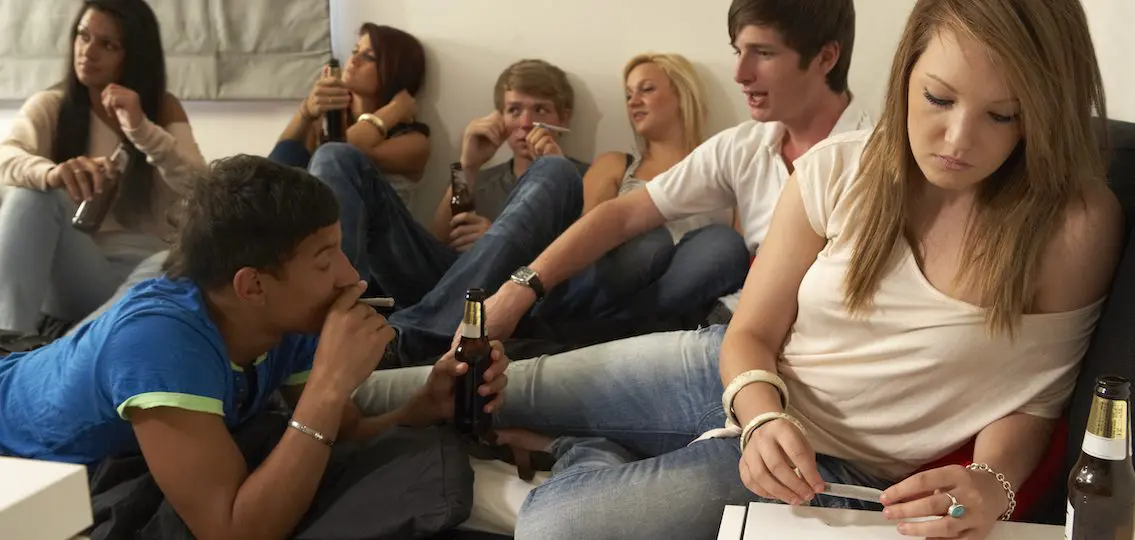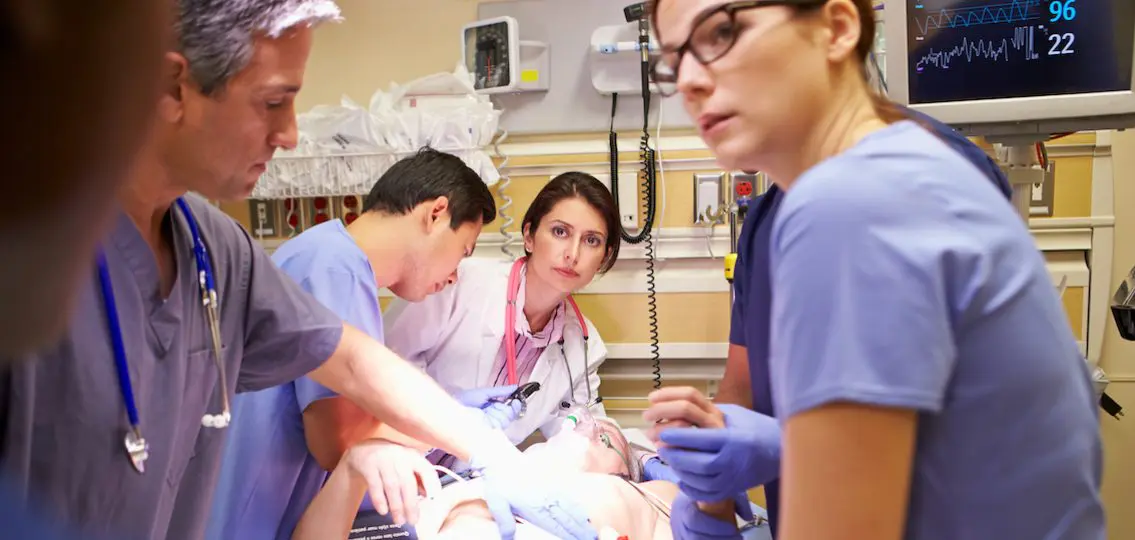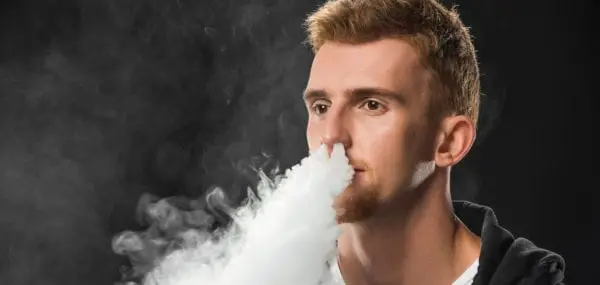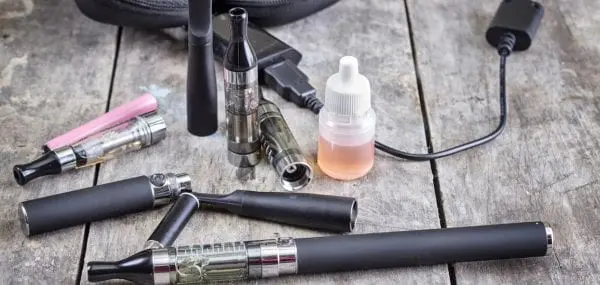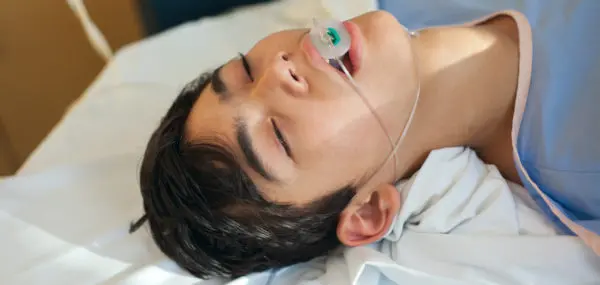Dr. Louis M. Profeta has worked as an ER physician at a Level 1 trauma center for more than 25 years. He and his colleagues are often the first to recognize and sound the alarm about troubling trends, such as vaping or the abuse of prescription drugs among teens. Here, in part one of our interview with him, he gives us the straight talk about the dangerous behaviors that are putting our teens in the ER, including some that may surprise you.
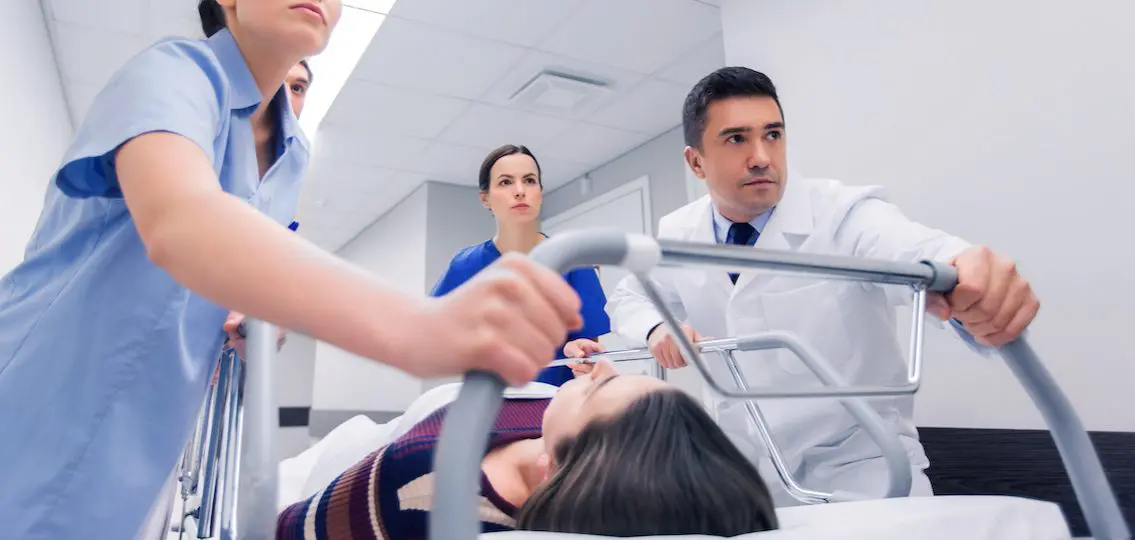
Q: We’re so grateful to be speaking with you. As an ER doc, you see trends before anyone else. Parents are always late to the game. For example, our kids were addicted to vaping before we understood that anything was happening, and now, we have a crisis.
Dr. Profeta: Well, all your ER docs know this stuff immediately. We ER physicians nationwide know every issue, every problem with society years before anybody else ever starts to talk about it. We know more about these issues than anybody, and we’re being horribly under-utilized in terms of our expertise.
Q: Okay, so tell me what you’re seeing right now that we might not know.
Profeta: One of the biggest risk-taking behaviors they’re involved in is their use of Adderall. This is one of the most dangerous drugs for teens. Parents need to get their kids off Adderall. Every ER doc in America knows it—these kids are on amphetamines. That’s what these drugs are. They’re one step away from methamphetamine and cocaine.
And eventually, these doctors are going to stop writing prescriptions. We’re going to look back in five to 10 years, and we’re going to say, “One of the worst mistakes we made was starting to diagnose everybody with ADHD.” All these kids are becoming addicted, and they’re all sharing these pills in college. It is a big underground network. They’re all doing it.
Q: Why are those kids ending up in the ER? We’ve been told about Adderall addiction, but what is the physical ailment that’s bringing them into the ER?
Profeta: They’re abusing; they transition from amphetamine, and that contributes to other addictions. When they’re hyped up on amphetamines, they need something for a depressant. They can’t sleep. So then they start abusing Xanax or then they start abusing alcohol. So they get in the cycle of abusing a stimulant and a depressant. You’re giving them access to other addictive medications, and you’re fueling these addictions. Some of these kids can become addicted to these substances with just one or two pills. We’re being way too cavalier.
Q: You speak to college kids and high school kids?
Profeta: Yeah. I do some high school kids. The high schools are usually private high schools. I’m a pretty forthright guy, and when you read my writing too, I mean I don’t pull any punches. I don’t care, all right? I’m the one that has to go into the waiting room and tell these moms and dads their kids are dead. I’m not apologizing to anybody for my language and my approach to this. Until they walk in my shoes, until they lay at night, then picture the screaming of their moms and dads in my head, they can come back and lecture me about my approach. But I do this for real. I’ve done this for 25 years at a level one trauma center.
Public schools tend to get a little queasy and a little nervous on how you talk about these issues. If you’re an ER doc and you’re sitting there in a public school and you’re talking about the dangers of Adderall and amphetamine, you’ll have 10 parents, they’ll raise their hands in anger, upset that you’re implying that their kid may not need the medication.
Q: What’s the conversation around marijuana?
Profeta: Well, I talk about marijuana to the college kids. I get up there, and I say, “Listen, I’m not going to sit here and lecture you about not using marijuana, okay? Because it’s going to be legal in every state in America, and most of your parents are probably smoking it on a semi-regular basis anyways. We all know that, all right?” But I tell them, I say, “You listen, stay away from the edibles. They have different rates of reabsorption. Don’t vape the stuff because there’s no regulation.”
A running joke that I make all the time is, “It’s really hard to get into medical school. If you’re needing to compete against somebody to get into medical school, then buy weed. Buy a bunch of weed, roll a bunch of joints and pass it out to everybody you’re competing against. Then go to the library and study. Because it will not motivate you. It doesn’t open doors for you.
Q: That’s a more complicated discussion with minors. It’s like alcohol. Don’t do it, but if you’re going to do it, here are the parameters, right? It’s that same kind of thing.
Profeta: I have no issue with that. That’s how we need to be talking to these kids. If you sit up there and tell them about the danger, it doesn’t resonate. When you talk about these issues from a health standpoint, they’re not going to listen to you. This is one of the things I’ve learned in talking on college campuses.
The root issue is that they do not know what love is. You thought you knew what love was, okay, maybe when you got married or when you were dating or whatever. You thought you knew what love was. And then you had a kid, okay, and the world completely changed. You immediately then knew what real love was, once you had a child.
When you have the sort of esoteric perception of what love is when you’re in high school or when you’re in college, but you have no idea its depth until you have your own child. Well, I almost lost a child from cancer, from leukemia. Seven months when he was in college in the ICU. And you’d think I knew what fear was. I had no clue what real fear was until I almost lost my child.
So we’re asking these kids to understand death and that kind of stuff, they can’t because they don’t understand love. And so I get up there, and I portray what it’s like to tell their mom and dad they’re dead. And I scream like a father who has lost his son in the emotional rawness of it. You come and sit with me in one of these talks, and I’ll show you 500 college kids that typically just look at their cell phones and laugh and giggle, all sitting there, stone-faced, tears in their eyes, not saying anything.
That is what it takes as parents. We have to sit with our kids and tell them what our world would look like with their death. That resonates, and we’re not doing that. That is where the problem lies.
Q: That is, of course, our worst fear.
Profeta: It should be. But do your kids know that, at that level? When you sit there and you’re able to tell them that, they’re going to make better choices. But we don’t do it because—as parents say—we don’t want to scare our kids.
